Videos
October 2022
-
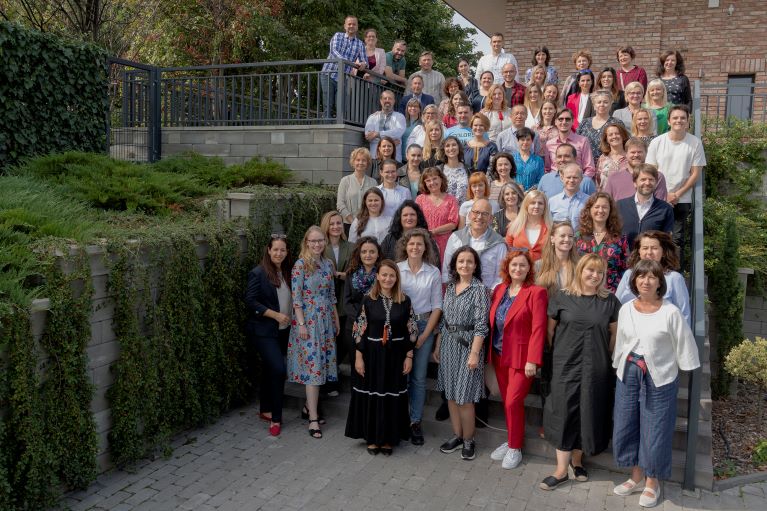
ILO Budapest team reunites and plans for future
27 October 2022
After almost three years, staff from across the region gathered for a workshop focused on addressing future challenges.
August 2022
-
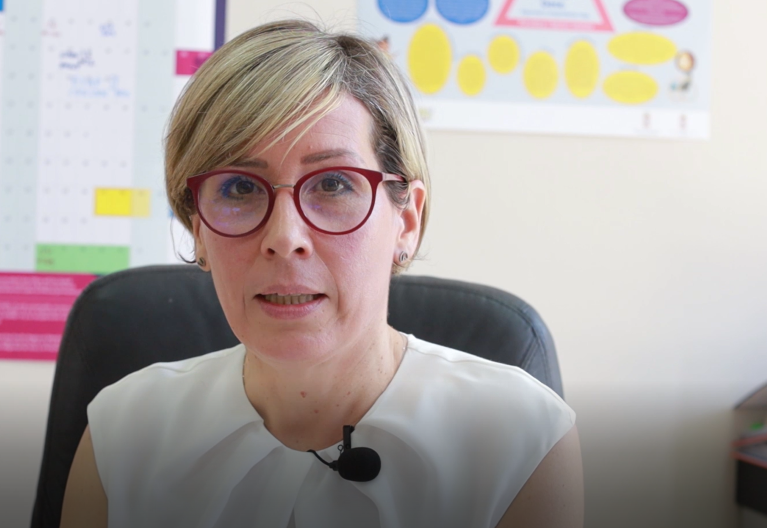
Meet the Project Manager: MAP16 project to reduce child labour and forced labour in Serbia
18 August 2022
Milica Djordjevic, ILO National Project Coordinator of the MAP16 project, funded by the US Department of Labor, explains what she does to reduce child labour and forced labour in Serbia. Child labour means that children are too young for their work or it is harmful for them. The ILO has been supporting governments for decades to address their child labour concerns, always tailoring interventions to local needs. In 2017, the ILO and its partners came out with a strategy which defines country priorities. In addition, the ILO conducted a national survey in 2021 which shows that 9.5% of children in Serbia are in child labour, mainly in agriculture. The ILO trained about 400 professionals (social workers, police, prosecutors and labour inspectors) to identify child labour situations. Checklists, tools and standards are at their disposal to tackle cases. The decree on hazardous child labour was adopted so that children in child labour or forced labour can receive immediate assistance.
July 2022
-

How has the ILO responded to the crisis in Ukraine?
13 July 2022
Markus Pilgrim, Director of the ILO Office for Central and Eastern Europe explains the impact of the war against Ukraine on the country's labour market, how the ILO has supported the country, and talks about the support needed in the forthcoming months.
June 2022
-
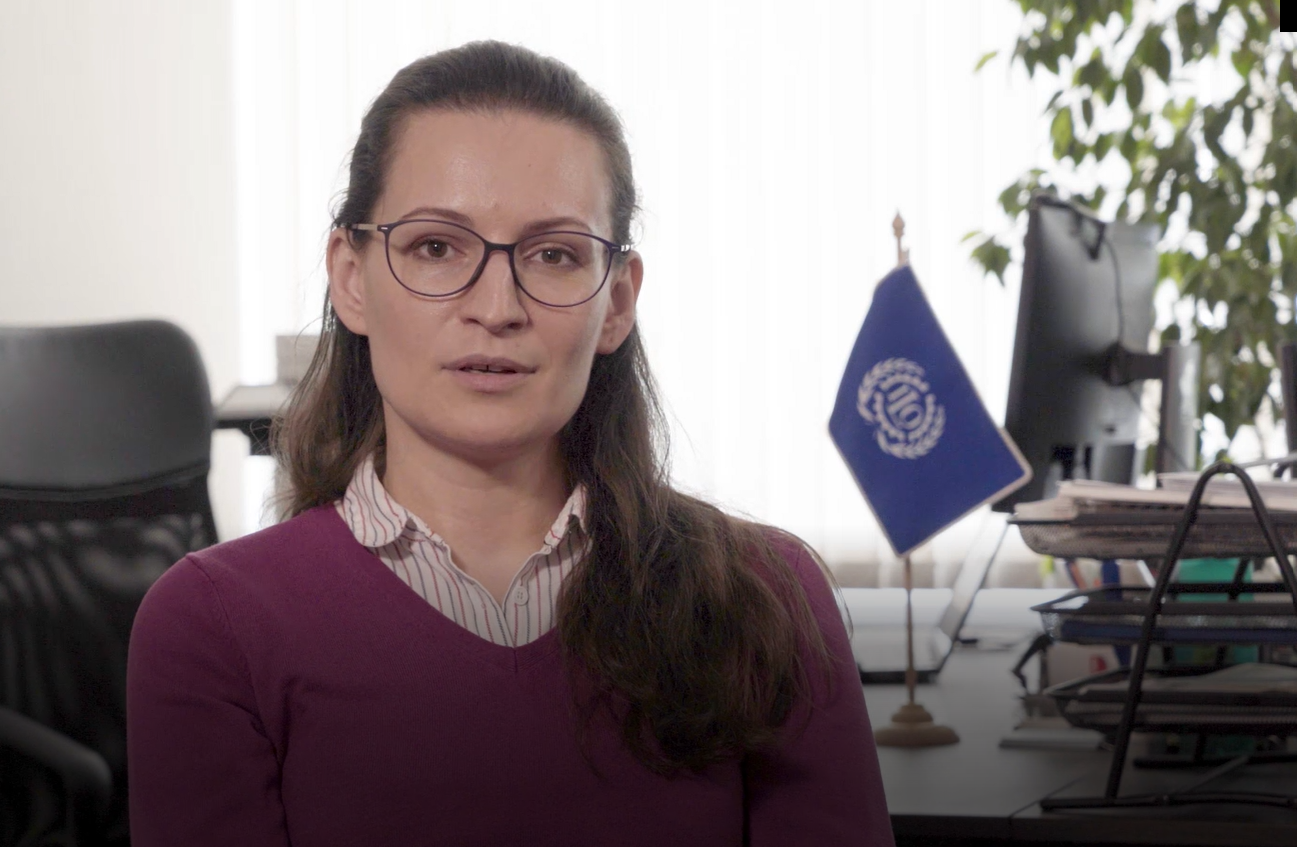
MEET THE PROJECT MANAGER: Violeta Vrabie, ILO Project Coordinator Local Employment Partnerships
01 June 2022
Violeta Vrabie, ILO Project Coordinator explains what she does to create jobs that address local needs in rural communities in the Republic of Moldova. Local Employment Partnerships bring together local authorities, public employment agencies, producers' associations, educational institutions and NGOs to assess needs and come up with local labour opportunities. The 3 LEPs assisted by the ILO in Moldova so far created 700 jobs, launched 175 startups and trained 1,000 young men and women, including vulnerable people. Violeta and the local ILO team on the ground also supports the Ministry of Labour and Social Protection of Moldova in the drafting of the National Employment Programme 2022-2026.
January 2022
-
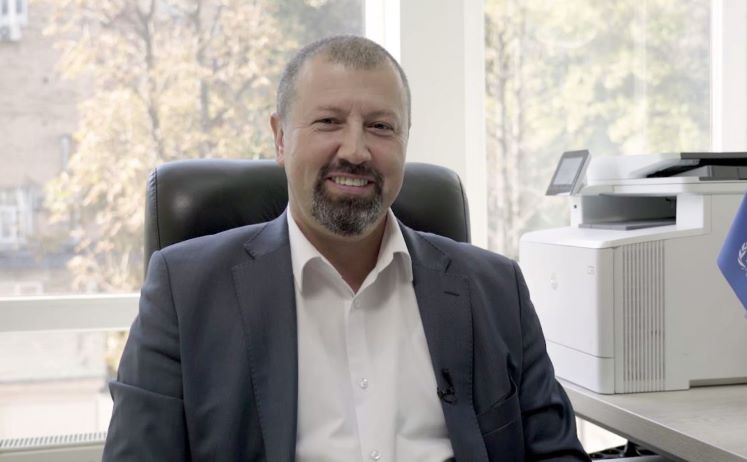
Meet the Project Manager: Džemal Hodžić, ILO Chief Technical Advisor, Ukraine
24 January 2022
At half time of the project led by him, Džemal Hodžić takes stock of the ILO efforts on supporting the Ukrainian labour markets for more and better job creation. Highlights of his work are a 10% increase of the clients served by the public employment service per year and 3000 potential entrepreneurs trained with more than 700 new businesses established. The project is funded by Denmark.
-

Lack of skilled workers limits IT sector growth
21 January 2022
The lack of skilled workers can seriously affect industry and job growth. Watch our interview with Tatjana Vucic, Director of BIT Alliance, the largest IT business association in Bosnia and Herzegovina (BiH). The IT industry in BiH has the potential to offer more than 30,000 new job opportunities for specialists in the next eight years. However, finding qualified staff remains a key growth hurdle. In 2021, BIT Alliance and ILO jointly analyzed the skills deficits in the IT industry and identified priority interventions. The resulting Strategic Plan on Skills Development for the IT Sector in BiH will be published in the first quarter of 2022 on this website.
-

MEET THE PROJECT MANAGER: Nina Krgovic, ILO Project Coordinator, Montenegro
13 January 2022
Nina Krgovic shares details of her work modernizing the National Employment Agency of Montenegro – a country hit harder by the economic fallout of the pandemic than any other European nation. The ILO support is funded by the EU and the United Kingdom.
November 2021
-

MEET THE PROJECT MANAGER: Amra Seleskovic, Technical Officer on Strategies for Local Employment Development
11 November 2021
In this video, Amra Seleskovic, Technical Officer on Strategies for Local Employment Development of the ILO Office for Central and Eastern Europe shares details of the work she does to create new labour market opportunities in Bosnia and Herzegovina. The Local Employment Partnership II aims to reduce unemployment and ensure transition to formality in Bosnia and Herzegovina, a country characterized by high unemployment. The project, funded by the European Union, works with a unique methodology, wherein local authorities, employers, education institutions, public employment services and NGOs work together to identify the main local labour market issues and to jointly design programmes to address these issues. Local Employment Partnerships were launched in 2016 in BiH. In the current second phase, at least 1,600 people will benefit from job training programmes and 600 new jobs will be created.
September 2021
-
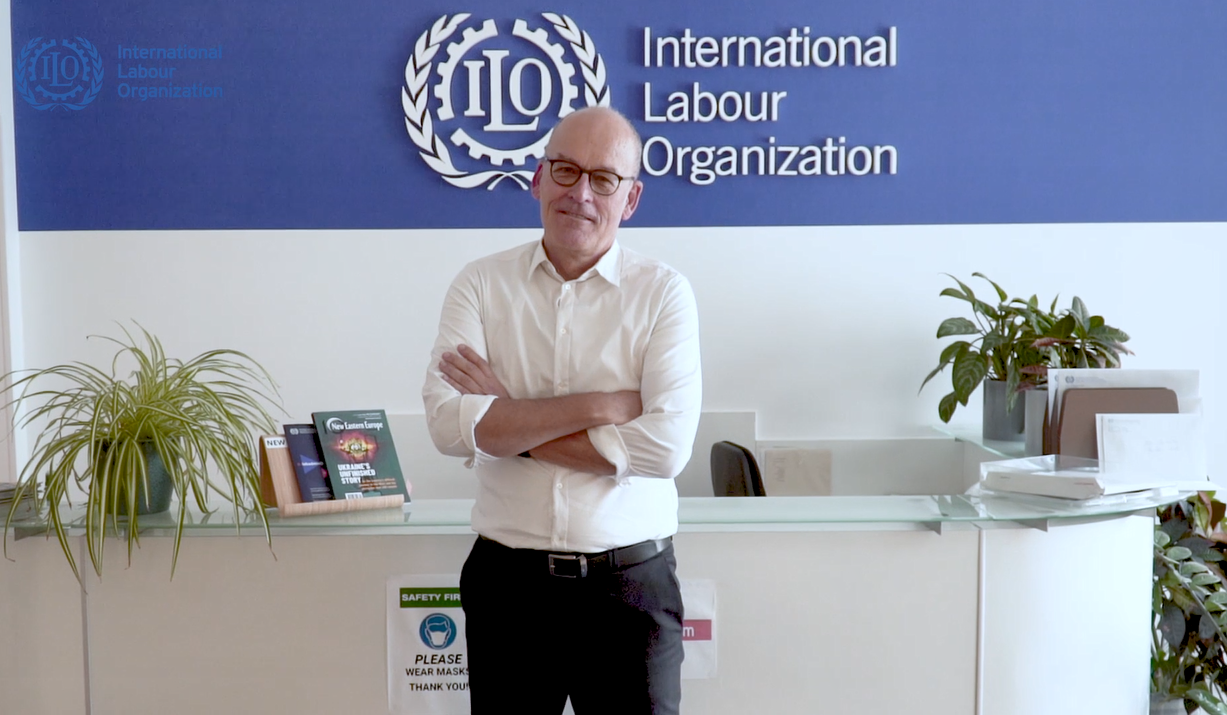
MEET THE DIRECTOR: What has been the impact of the pandemic in the region?
15 September 2021
Markus Pilgrim, Director of the ILO Office for Central and Eastern Europe talks about the impact of COVID-19 pandemic on labour markets in the region, what the ILO has done to mitigate the impact and what the emerging trends are in employment. The pandemic led to a severe economic recession in the region, with about 8% of working hours lost in 2020, an equivalent of 10 million jobs. These losses translated into an increase in inactivity, many people dropping out of the labour market. The ILO CEE Office started to collect solid evidence on the impact of the pandemic in spring 2020, and produced assessment reports in four Western Balkan countries, which led to several policy changes in these countries. In addition, the office designed job and income protection measures, such as a cash transfer project for dismissed Albanian textile workers. The next big thing is the ongoing technological transformation, fair transition towards a digital and green economy, which means a major shift from traditional to new sectors and re-skilling.
August 2021
-
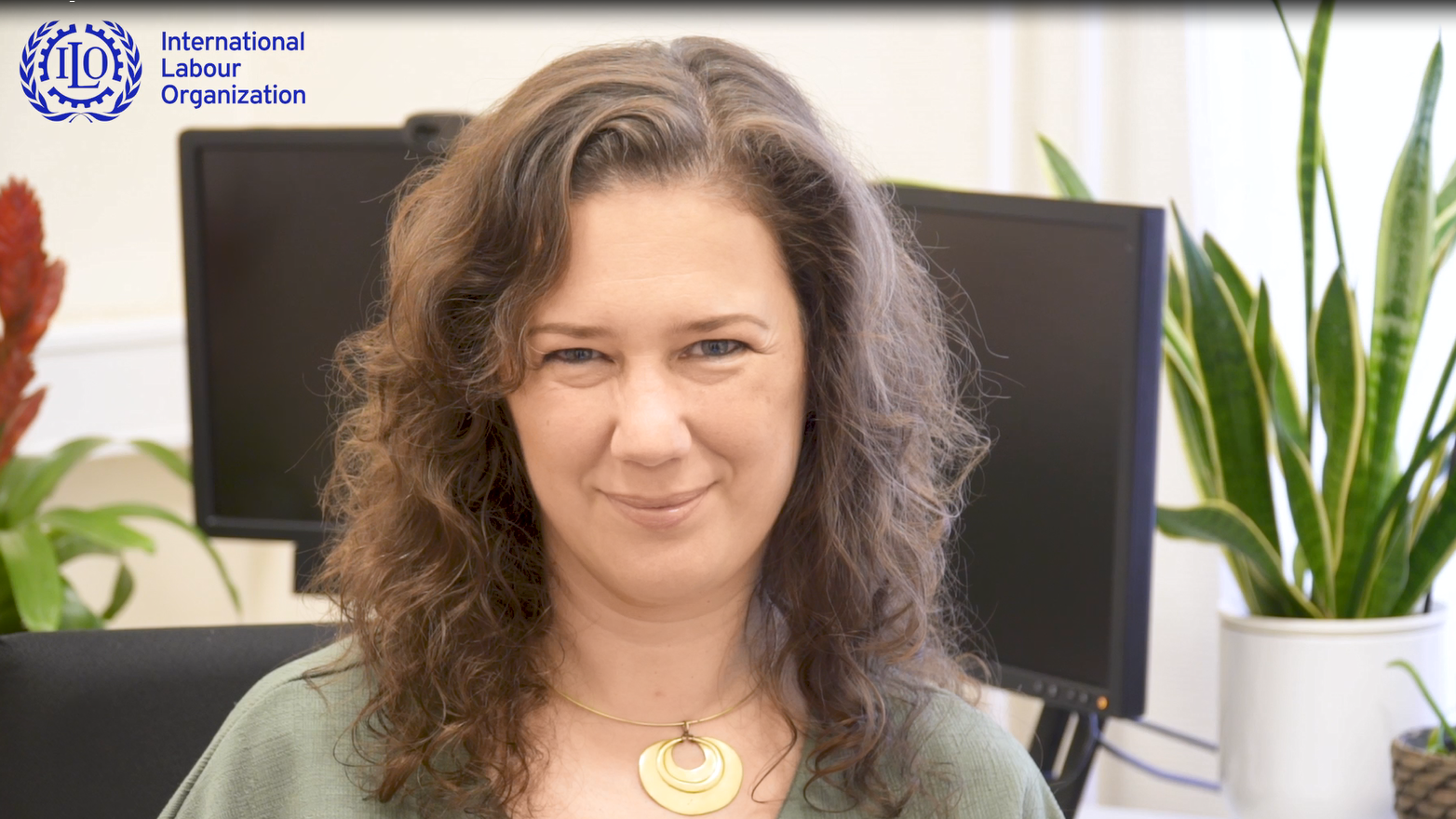
MEET THE SPECIALISTS: Alessandra Molz, Skills
16 August 2021
Alessandra Molz, ILO Skills Specialist explains how she assists governments, worker and employer organizations in developing quality vocational education and training for young people, and lifelong learning opportunities for adult workers in Central and Eastern Europe. Her work includes skills needs anticipation, identifying skills mismatches, development of new methodologies, such as e-Learning and blended learning, and building bridges between employers and workers, or employers and education. The world of work is changing, young people and adults equally need new skills that prepare them for the future of work.